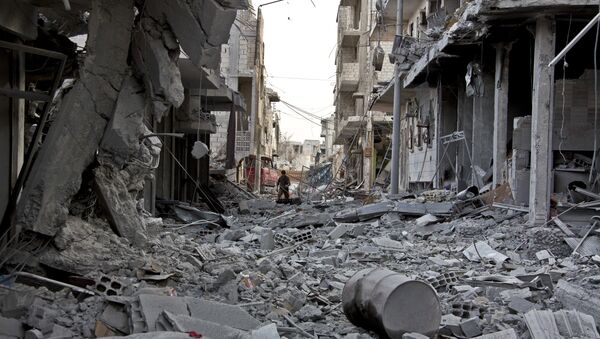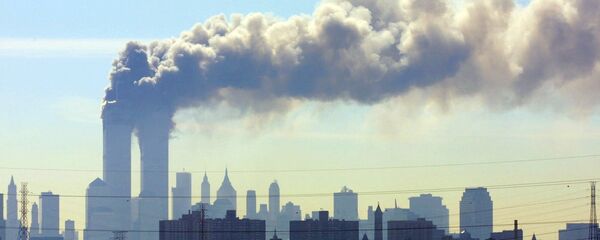The author uses Syria as an example.
"Syria makes plain that we don't, actually, have an alternative to Assad," he says.
"Whatever Assad's personal fate, dissolving his regime means removing any vestige of state order that remains in Syria, and replacing it with even more chaos."
"And surely we've learned by now that things can always get worse. Syria merely confirms the lesson the West should have learned from Iraq: that the freedom agenda in the Muslim world is dead."
The author also elaborated that Iraq, where the West tried a "heavy footprint strategy", and Libya, "where it opted for a light one", had only proved that "the idea that Europe or the United States can actually execute democratic change by force has been exposed as a fallacy".
"The notion that regime change leads to a better democratic or a humanitarian outcome is decidedly false," he stated.
Any potential armed opposition movement in the Muslim world now becomes a potential jihadi branch and the West can't risk that, he added, acknowledging that any legitimate government is definitely better than any suggested opposition group.
The role of intervention, post-Paris, will be exactly the reverse of the post-9/11 model, he further predicts. Interventions will occur, he says, but only to back fragile governments — not unseat them — without attaching any guarantees of future democratic transformations.
"We should no longer doubt that gaps in fragile states in the Muslim world will be filled by anything other than hard-line Islamists. Sure, there were always terrorist networks like al Qaeda that could set up bases in ungoverned space. But 14 years later, we see how the information revolution has massively catalyzed the formation of jihadist networks."
Meanwhile, the neo-conservatives were able to make hypothetical claims about democratic regime change that look ridiculous in hindsight, after the nightmare of Iraq.
"That world is now gone, and the state will reassert itself with a vengeance — that's what Paris means," he stated.





